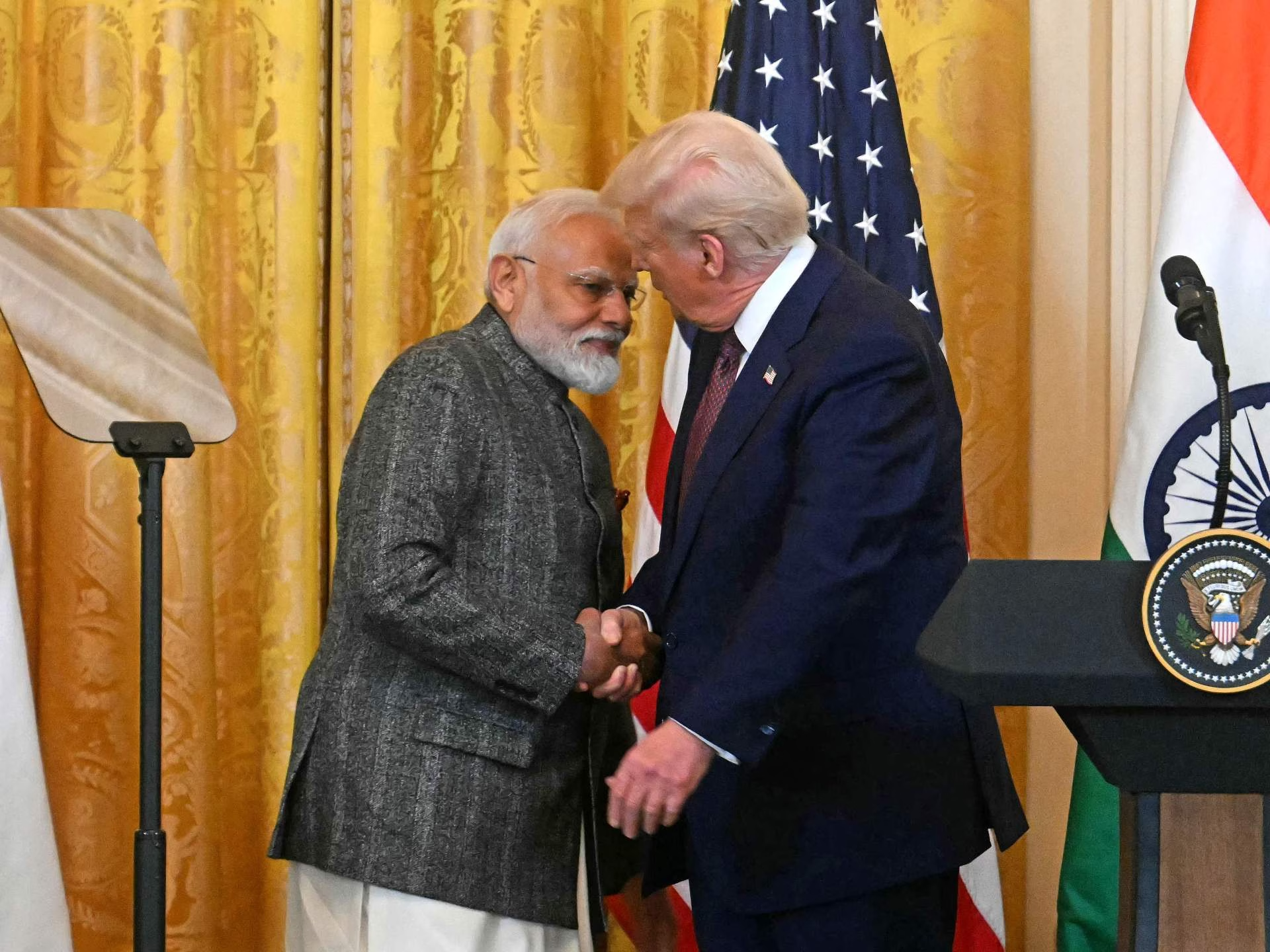In February, military deportation flights returning from the United States to India shocked the nation with images of undocumented Indian citizens shackled in chains. President Donald Trump’s stringent anti-“illegal immigration” policies have been highlighted as causing severe distress for thousands of Indian immigrants who risk their lives to reach America.
Opposition lawmakers, such as Indian National Congress party leader Rahul Gandhi, staged protests in solidarity, donning handcuffs to symbolize the humiliating treatment faced by those deported. As Indian Prime Minister Narendra Modi was preparing to visit the White House, these lawmakers called on him to address the issue with the US president.
During his US visit, Modi addressed inquiries regarding the deportations by affirming that his Bharatiya Janata Party (BJP)-led government is fully equipped to handle the return of undocumented migrants. He added that vulnerable and impoverished young Indians are often deceived by the prospect of immigration, often falling victim to trafficking networks without understanding why they are being transported.
Modi’s response seemed unusually passive and cooperative, possibly motivated by a desire to avoid confrontation with Trump, especially amid discussions on reciprocal tariffs. Nevertheless, Modi and Trump share the same stance on immigration, and Modi’s policies regarding grand national pronouncements and economic resurgence mirror those of the US president.
Currently, India’s economy is facing a significant slowdown, compounded by enduring issues of inequality. With the top one percent controlling 40.1 percent of the nation’s wealth and India boasting the world’s third-highest number of billionaires, 70 percent of the global increase in extreme poverty is attributed to the country.
Estimates of the number of undocumented Indian migrants in the US range from approximately 220,000 to 700,000, according to the Department of Homeland Security and the Pew Research Center, respectively. The actual count extends beyond the stereotype of India as a burgeoning economic power under Hindu nationalist rule, an image Modi is keen to maintain.
The Hindu nationalist view in India does not deviate much from Trump’s anti-immigration rhetoric, with claims of an insidious Muslim undocumented population fueling fear of a demographic threat to India’s Hindu identity. The country’s downgraded citizens find themselves vilified and scapegoated by nationalist leaders, further perpetuating the cycle of hatred and intolerance.
Rather than confront the underlying structural issues contributing to the conditions of undocumented migrants, both Modi and Trump deflect attention by blaming the “insidious outsider” as the source of domestic troubles. This shared mindset endorses actions such as Modi’s controversial Citizenship Amendment Act of 2019, which excludes Muslims from neighboring countries from obtaining Indian citizenship, reflecting a contempt for undocumented individuals, including Indian nationals themselves.
Source: https://www.aljazeera.com/opinions/2025/3/28/modi-and-trump-are-on-the-same-page-on-immigration?traffic_source=rss







